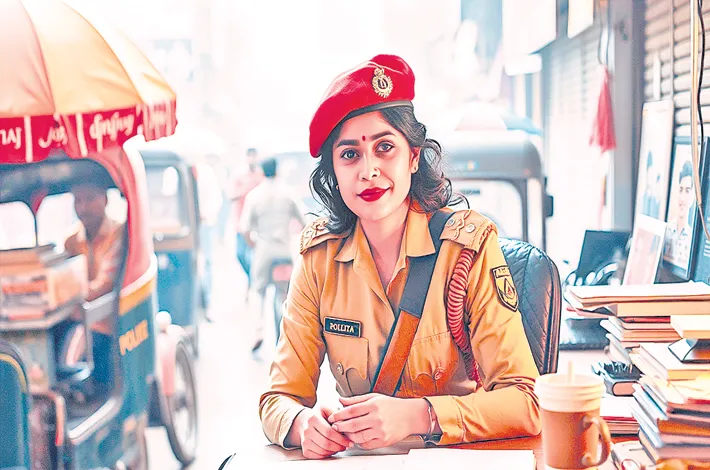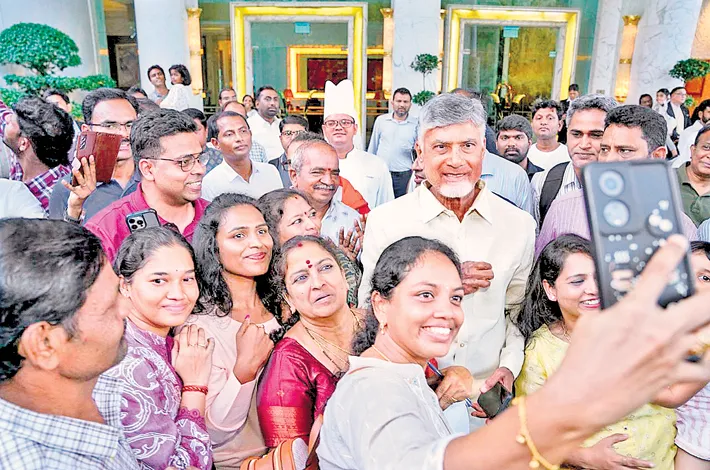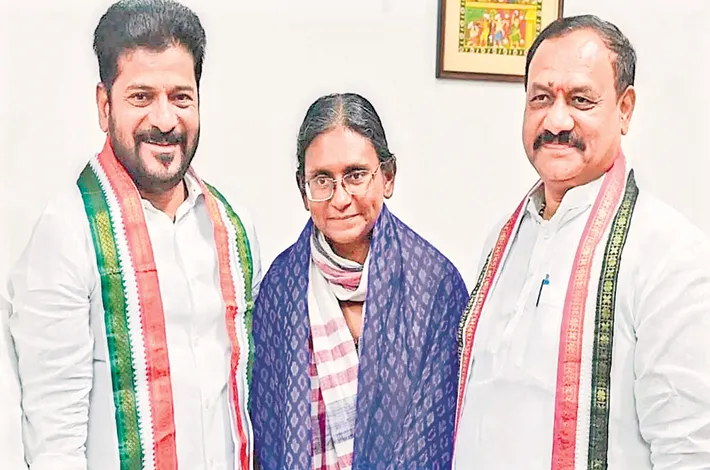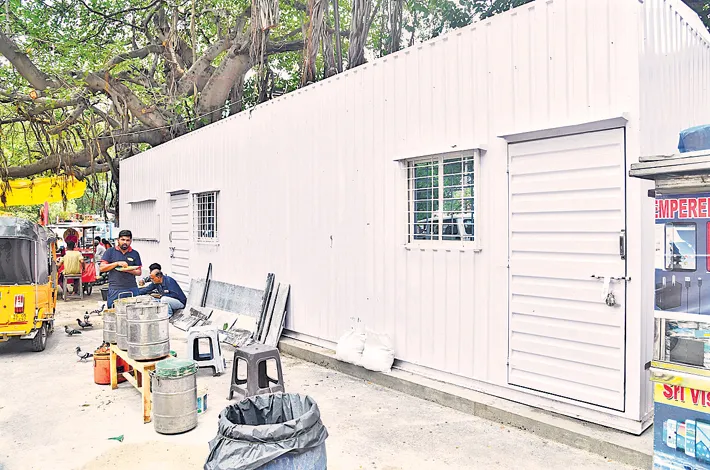The Saffron Veil in lucknow’s narrow lanes
30-07-2025 12:00:00 AM

In the humid haze of Lucknow’s monsoon season, the city’s narrow lanes buzzed with life—vendors hawking kebabs, rickshaws weaving through crowds, and the distant call of a muezzin. But beneath the vibrant chaos, a silent crime was unfolding. Inspector Rhea Sharma, a sharp-eyed officer with a reputation for cracking cases others deemed unsolvable, sat in her cluttered office at the Hazratganj police station. Her desk was a mess of files, coffee cups, and a single photograph of her late father, a cop who’d taught her to trust her instincts.
The call came at dusk. A prominent jeweler, Arjun Mehra, had been found dead in his opulent shop on Shahnajaf Road, a single gunshot wound to his chest. The scene was pristine—no signs of struggle, no missing valuables, not even a smudged fingerprint. The only clue was a saffron-colored silk scarf, delicately embroidered with gold thread, draped over a display case. It didn’t belong to the shop. Rhea’s gut told her this wasn’t a random killing.
Arjun Mehra was no ordinary jeweler. His shop, Mehra & Sons, was a Lucknow institution, catering to the city’s elite. Rumors swirled that he dealt in more than just gems—whispers of black-market antiquities and connections to powerful figures. Rhea arrived at the scene as the monsoon rain began to fall, soaking her khaki uniform. The shop’s interior glittered under the dim lights, gold necklaces and diamond rings untouched in their cases. Arjun’s body lay behind the counter, his face frozen in a look of surprise.
“Anything missing?” Rhea asked the constable, a nervous young man named Vikram.
“Nothing, ma’am. The safe’s locked, inventory’s intact. It’s like the killer just walked in, shot him, and left.”
Rhea crouched beside the scarf, its saffron hue vivid against the glass. “This isn’t random,” she muttered. “Find out who was here today. Customers, staff, anyone.”
The investigation moved quickly. Arjun’s son, Vikrant, a slick 30-something with a penchant for expensive suits, claimed ignorance. “My father had no enemies,” he insisted, though his eyes darted nervously. The shop’s CCTV was conveniently offline, allegedly due to a “technical glitch.” Rhea didn’t buy it. She pressed Vikrant on the scarf, but he shrugged, saying it could belong to any customer.
By midnight, Rhea was combing through Arjun’s client list, a who’s-who of Lucknow’s power brokers. One name stood out: Sameer Khan, a politician with a murky past and a known taste for rare artifacts. Rhea’s father had once investigated Khan for smuggling but could never pin him down. She decided to pay him a visit.
Khan’s mansion in Gomti Nagar was a fortress of white marble and armed guards. He greeted Rhea with a politician’s charm, offering chai and platitudes. “Arjun was a friend,” he said, his smile practiced. “A terrible loss.” When Rhea mentioned the scarf, his fingers twitched slightly—a tell she didn’t miss.
“Beautiful craftsmanship,” she said, watching him closely. “Saffron’s an unusual choice. Almost ceremonial.”
Khan’s smile didn’t waver, but his eyes hardened. “I wouldn’t know, Inspector. I deal in votes, not textiles.”
Back at the station, Rhea’s team dug deeper. A tip from a local weaver revealed the scarf’s origin: a rare design made exclusively for a secretive cultural society, the Order of the Saffron Veil. Rumors tied the group to illicit antiquities trading, with Khan as a rumored patron. Rhea’s instincts screamed that the scarf was a message, but from whom?
The next day, a breakthrough: Arjun’s phone records showed a flurry of calls to an unregistered number in the hours before his death. The number traced to a rundown guesthouse in Aminabad. Rhea, with Vikram in tow, raided the place at dawn. Inside, they found a man named Tariq, a nervous forger with a rap sheet. Under pressure, he cracked.
“I made papers for Arjun,” Tariq stammered. “Fake provenances for artifacts. He was selling to Khan, but he got greedy, started blackmailing him.”
“For what?” Rhea pressed.
“An idol. Gupta-era, priceless. Arjun threatened to expose Khan’s network if he didn’t pay up.”
Rhea’s mind raced. The scarf wasn’t just a clue—it was a signature. The Order, protective of its secrets, had eliminated Arjun to silence him. But where was the idol? And why leave the scarf?
She returned to the shop that night, alone, the rain now a steady drumbeat. The scarf still lay on the counter, its gold threads catching the light. Rhea noticed something new: a faint seam along its edge. With a penknife, she slit it open. A microchip fell out, no bigger than a grain of rice. A digital ledger, perhaps, of Khan’s dealings? She pocketed it, her heart pounding.
As she stepped outside, a black SUV screeched to a halt. Two men in masks emerged, guns drawn. Rhea dove behind a rickshaw, her service pistol in hand. Shots rang out, splintering wood and shattering glass. She returned fire, hitting one attacker in the leg. The other fled as sirens wailed in the distance.
The chip, analyzed later, was a goldmine: names, dates, and transactions linking Khan to a global antiquities racket. The Order of the Saffron Veil wasn’t just a society—it was a syndicate. Khan was arrested by morning, his charm replaced by panic. But the idol remained missing, and Rhea knew the Order wouldn’t stop.
Days later, as she stood in the rain outside Mehra & Sons, Rhea felt the weight of her father’s photograph in her pocket. The case was closed, Khan was behind bars, but the scarf’s message lingered. Someone was still out there, watching. In Lucknow’s labyrinthine streets, the truth was never simple, and Rhea Sharma knew she’d be back in the fray soon enough.








